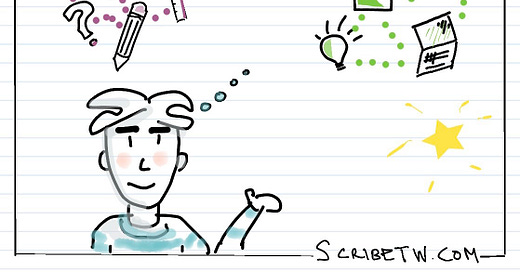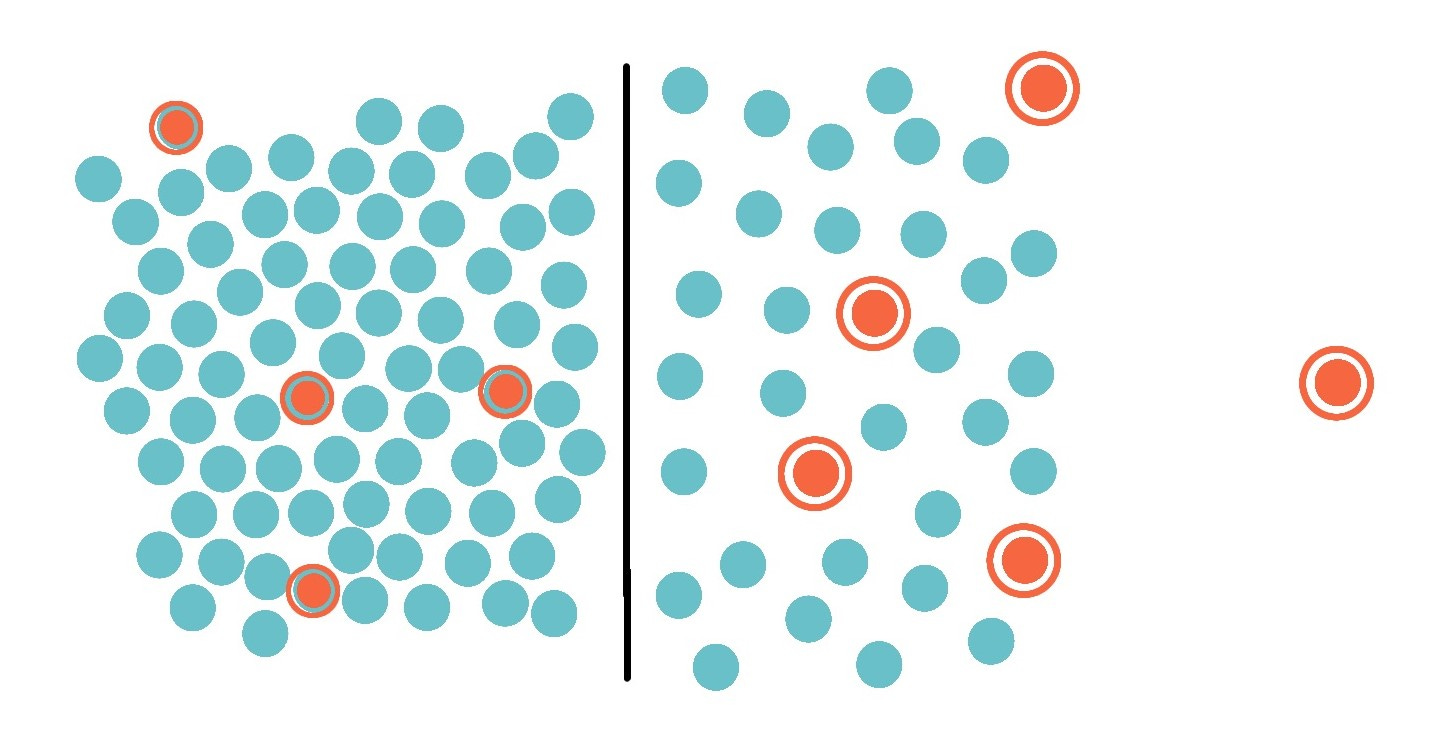While it’s been many, many years since I was a full-time student, I still get that September back-to-school feeling. Maybe you do, too.
Of course we grow, change, and if all goes well, start a career in our chosen field. And while academic courses give us an excellent foundation for writing essays, the documents we go on to prepare in the workplace are very different.
Here’s what I’ve learned about how to adjust your writing, so you can show off what you know, build credibility, and communicate clearly with different readers – all year round.
Beyond the high school essay
Think back to when you first learned how to write an essay. Remember the three-part format they taught you in high school? Introduction (topic, focus, relevance), Body (info and arguments), Conclusion (summary). It was a simple framework to give you the foundation for university-level writing. Comments from your teacher probably included things like, “Elaborate more on this point”, “Where are you going with this?” and “Really?!” (Just guessing. 😊)
When you got to university or college, you built on that foundation. The three-part essay was expanded across 5, 10, 20 or more pages. You took up space! You used words that impressed your instructor! You may have worried your essays were too short and added extra paragraphs. You aimed to show off everything you knew about the subject.
And then, you got your first internship or permanent job. Suddenly, the expectations changed. There were templates to adjust to. Certain language was frowned upon, and your punctuation was under scrutiny. Multiple drafts came back to you for yet more revisions. You had to limit yourself to one page – or 5 bullet points (what?!). Why didn’t they love your writing? You included everything you knew!
Hopefully the feedback you received on your drafts was helpful and constructive, and more senior staff and management were willing to guide you. But it was probably a big change, and no one spelled it all out for you. It may have felt like you were learning to write all over again, but through osmosis!
Welcome to the world of business writing! It’s time to leave some of those academic writing habits behind if you want to build your credibility and keep your projects moving forward.
Academic essays and professional documents require different writing styles. While each reflects how you think, business writing is about providing the information your reader needs, the way they need it. Here’s what I mean:
Own it!
You’re not in school anymore, but learning never has to stop!
You may feel that you’re already a pretty good writer. Some of us just have a feel for it; others were diligent through school and built their skills over time. Most of us learn to write to a high professional standard by picking up on the workplace nuances and expectations – following the templates, reviewing similar documents, listening for what’s important to our senior management, and getting direct feedback.
Learning to write is something you have to take responsibility for. It’s a crucial part of your job, but you may struggle to write coherently, or succinctly, or with proper grammar. Everyone has their own challenges, and those challenges also depend on the type of document you’re preparing. And there’s a first for everything – the first technical study, the first presentation deck, the first proposal. You may not get much direction – you have to figure it out for yourself along the way. It can be a steep learning curve.
It's worth it
It’s really, really satisfying to complete a document and see it used to inform decisions, so your project gains traction. As one experienced planner told me, when you get positive feedback from a local councillor or a senior executive, it’s one of the best compliments you can receive! (We planners don’t typically get that many!)
It’s not necessarily the writing process itself that can be so rewarding: it’s the opportunity to communicate, to exchange ideas and apply expertise, and to influence the shape of our communities. For some of us, communication is why we’re in planning; for others it’s a crucial part of our work.
A few tips for effective business writing:
Identify and write for your main reader. This is not likely to be your direct supervisor or manager. Write for the decision maker – the committee member, the elected councillor; or to share information with your peers; or for the public who wants to understand why a proposal matters to them.
Don’t get too creative. Use the templates and styles your reader is familiar with (unless it’s awful – then you should recommend changes). Structure the document in the way that will make the most sense to your main reader. If they just want key talking points, put the detail in an appendix or a separate document.
Be clear about your purpose before you start writing. Is it to help someone participate in the process? Make a decision? Gain new information? Consider the main reader and what you want to achieve with your document.
Don’t be afraid to cut back the text. Look for repetition, jargon, extra words that don’t add value to the reader. Your reader needs something specific, not everything you know about your project. Always build in time to edit.
Consider what your voice and tone will sound like to the reader. You should sound knowledgeable and professional, but clear, in your writing. Pay attention to your vocabulary and avoid contractions, which make your writing seem too informal.
Consider this:
Overly complex writing makes people doubt your intelligence and not see how brilliant you are! You’re not in school anymore – keep it clear and simple! It is possible to write about technical subjects without resorting to excessive wordiness – and your reader will think more highly of you.
What was the biggest writing challenge you had after leaving school? How did you discover it was a problem? How did you resolve it? Remember that your newer colleagues need your guidance and patience to improve.
A final note
One thing that surprises a lot of new planners is just how much time they spend writing. From emails to complex, multi-part studies, writing is very much a part of each day.
Some planners have told me they spend more than 75% of their day drafting emails, reports, plans, studies, and other documents!
You’re not going to make the transition from academic to technical writing in a heartbeat, but you can adjust quickly with attention to the needs and expectations of your workplace.






